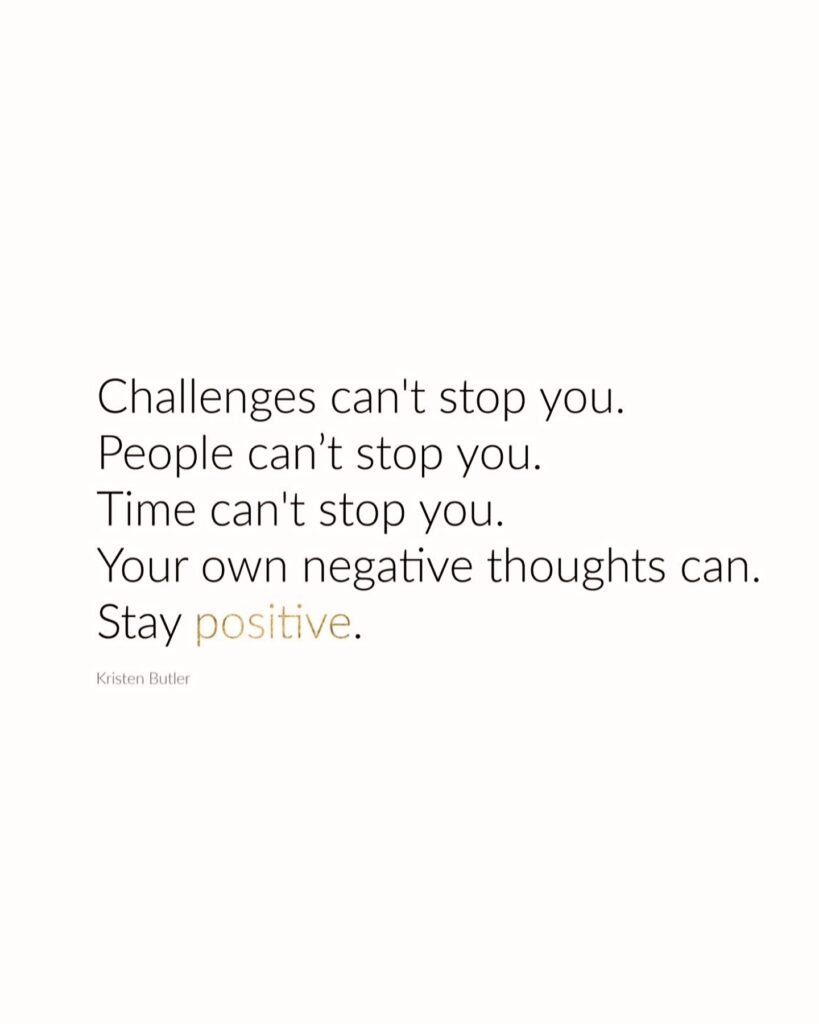There are days when work feels heavier than it should. The to-do list seems endless, energy is low, and it’s tough to find the drive to keep going. Everyone goes through moments like this, and it’s easy to lose sight of progress when the weight of tasks keeps piling up.
The good news is that motivation isn’t about waiting for a spark—it’s about building simple habits that keep you moving even when things feel hard. Small changes in how you think, what you do, and how you treat yourself can make a big difference.
This guide shares clear strategies on how to stay motivated, touching on mental, physical, and emotional steps that can lighten the load and help you push forward.
Recognize When the Weight Is Taking a Toll
The first step to getting back on track is noticing when work feels heavier than usual. Stress doesn’t always shout—it often whispers through small changes in how you think and act.
Early signs you’re carrying too much include:
- Feeling tired even after a full night’s sleep
- Trouble concentrating on simple tasks
- Getting easily frustrated or irritated by little things
When these signals show up, it’s not weakness—it’s your body and mind asking for a reset. Pushing through without paying attention usually makes it worse. Accepting that the load is heavy doesn’t mean giving up; it means you’re being honest about where you’re at. And honesty is the first move toward finding solutions. Before you think about tips on how to stay motivated, you need to know when you’re running low. Awareness creates the space for change.
Reframe How You See the Work
Work often feels heavier when it looks like nothing but chores stacked on top of each other. Changing the way you view those tasks can lighten the pressure and spark more drive.
Two shifts can make a difference:
- Connect tasks to a bigger purpose. Instead of seeing a report as “another thing to finish,” remind yourself it helps your team succeed or keeps clients happy. Knowing how the small parts add to the bigger picture makes the work feel more meaningful.
- Swap “have to” for “get to.” The words you use shape how you feel. Saying “I get to finish this project” turns the job into an opportunity instead of a burden.
Motivation often hides in perspective. When you reshape the way you look at tasks, you don’t just reduce the weight—you also remind yourself of why the effort matters. That mindset shift supports how to stay motivated in tough weeks.
Break Down Big Tasks into Manageable Steps
Large projects can look overwhelming when you only see the finish line. Breaking them into smaller, easy-to-handle parts helps you stay focused and less stressed.
Here’s how to make it work:
- Use micro-goals. Instead of aiming to finish a whole presentation today, start with one slide or one section. Completing small parts makes the project less scary.
- Celebrate quick wins. Checking something off—even a small piece—gives a sense of progress. That feeling fuels the energy to move to the next step.
Momentum builds step by step, not all at once. It’s like climbing stairs—you only need to handle one step at a time. When you treat every small win as success, you start building a chain of motivation that’s hard to break. People searching for how to stay motivated often miss this: the secret isn’t doing more, it’s breaking the big into pieces you can actually handle.
Protect Your Energy with Smart Boundaries
Work feels heaviest when your plate is already full and more keeps piling on. Protecting your energy means setting limits so you don’t burn out before you even begin.
Two boundaries make the biggest difference:
- Learn to say no. If you’re already stretched thin, adding extra projects only drags motivation lower. Saying no with respect protects your focus for the tasks that matter most.
- Block out focus time. Choose parts of your day when you’re most alert and guard that time like an appointment. No emails, no calls—just focused work.
These simple boundaries create room to breathe. Without them, even small jobs feel overwhelming. With them, heavy work becomes more manageable. Remember, motivation doesn’t grow in chaos; it grows when you have space to think clearly. For anyone wondering how to stay motivated during long weeks, protecting energy through boundaries is often the turning point.
Lean on Habits That Keep You Steady
When work feels endless, habits become anchors. They create structure so you don’t have to rely only on willpower. Even small rituals can pull you through tough stretches.
Helpful habits include:
- Stick to a daily routine. Waking up and starting work at the same times each day builds rhythm. That consistency keeps your mind and body in sync.
- Add tiny rituals for motivation. A morning walk, writing down a short to-do list, or listening to a set playlist before starting work can act like mental switches. They signal that it’s time to focus.
Habits work because they reduce decision fatigue—you don’t waste energy deciding what to do first. Instead, you slide into familiar patterns that keep you moving. It’s not about making life rigid; it’s about giving yourself a steady foundation. If you’ve been asking how to stay motivated when the workload piles up, start by creating habits that hold you steady when motivation dips.
Conclusion: Building Motivation That Lasts
Motivation isn’t about forcing yourself to work harder—it’s about finding ways to make the load feel lighter. Small steps like breaking tasks down, protecting your energy, or leaning on steady habits can shift how heavy the day feels.
You don’t need to do everything at once. Pick one idea that speaks to you and try it today. Progress builds slowly, and that’s okay. Staying motivated isn’t a single fix; it’s a practice you come back to again and again. With the right strategies, you’ll find it easier to keep moving even when work feels tough.















